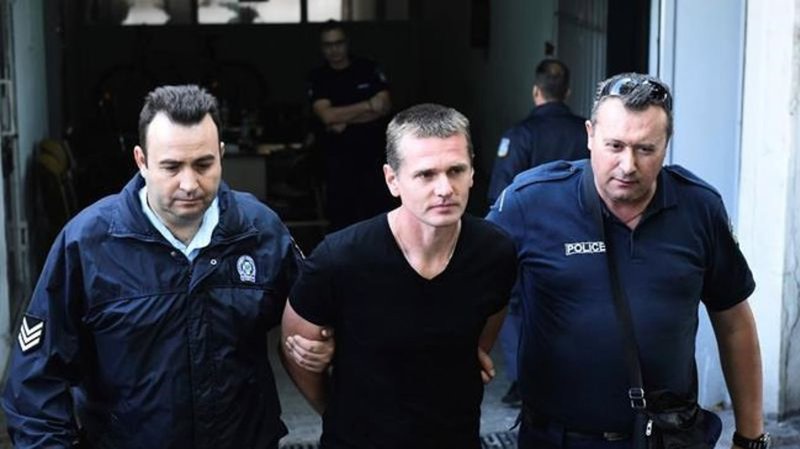
Trial of Russian in alleged bitcoin fraud to wrap in Paris
PARIS — French prosecutors requested on Friday a 10-year jail term and a fine of 750,000 euros ($888,634) against Alexander Vinnik, who is accused of being behind a 135 million-euro ($160 million) fraud campaign that used ransomware and the cryptocurrency bitcoin.
The 41-year-old Russian, who is also wanted in the United States and Russia, is facing in France charges of extortion, money laundering and criminal association.
Paris prosecutor Johanna Brousse requested that Vinnik remain in jail.
A series of attacks on French businesses and organizations between 2016 and 2018 led to 20 victims paying ransom demands issued in bitcoin, one of the more widely used cryptocurrencies, through BTC-e, one of the world’s largest digital currency exchanges.


